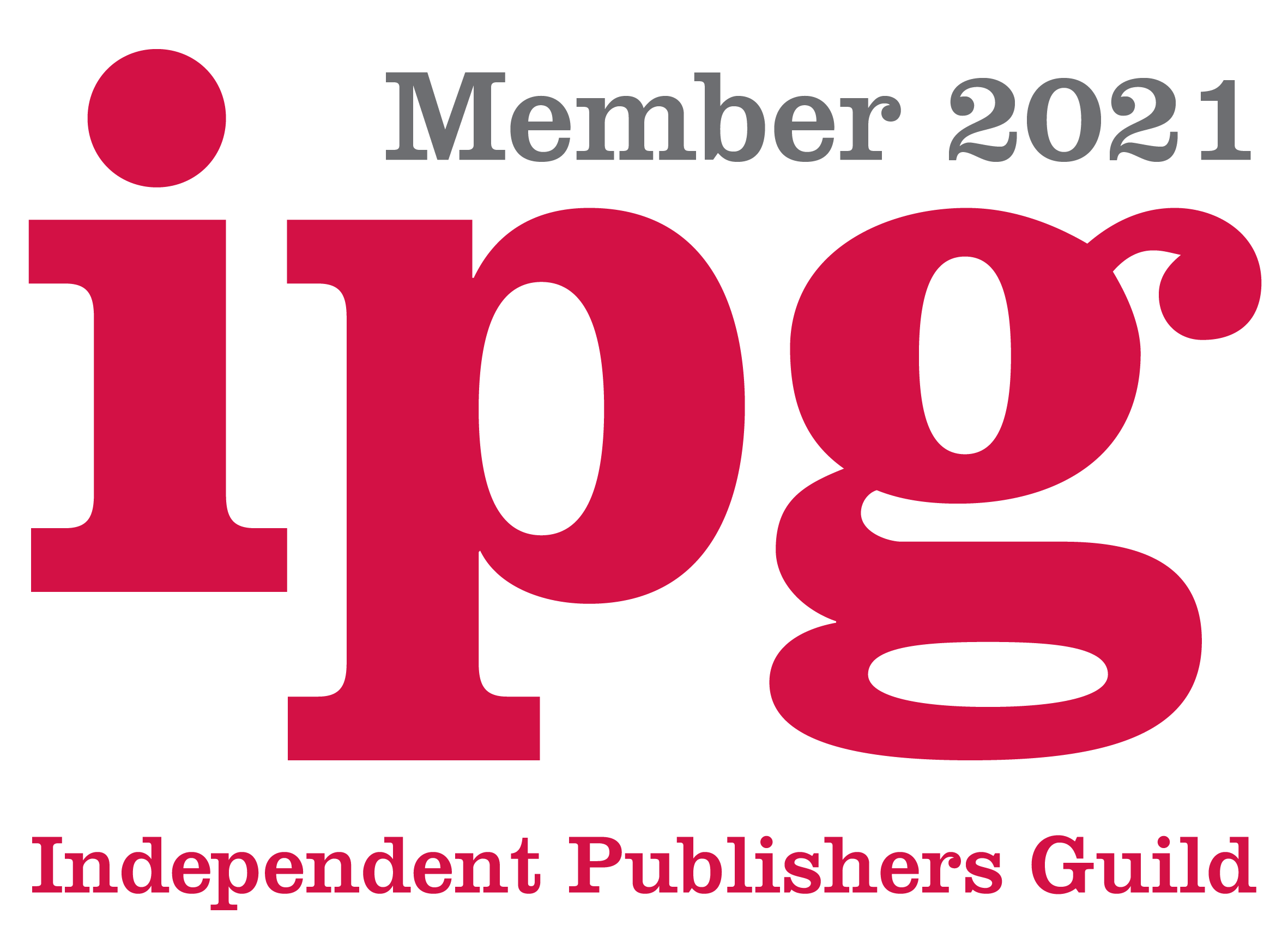Writing a memoir is not merely an act of reminiscing; it's an exploration of life's peaks and valleys, the chronicles of triumphs that made us cheer, and the struggles that tested our resolve.
From the abundance of life's experiences, distilling the essence into a captivating memoir can seem like an insurmountable task. How do you navigate the expanse of years and transform it into a coherent narrative? How do you discern the threads of your story that will engage and inspire your readers, and make the tough decision of what to exclude?
At Exisle, we've had the privilege of navigating this journey with countless writers for over three decades. We've published many captivating memoirs, each unique and deeply personal. These memoirs, rich in life lessons and human connection, have not only touched the hearts of readers but have also become defining touchstones for otherwise overlooked communities.
With our wealth of experience and insight, we want to share a distilled guide to craft your memoir – one that will resonate with readers and stand the test of time. Here's our roadmap to help you embark on this fulfilling journey of memoir writing.
Before Writing: Preparation is Key
Your memoir is a mirror reflecting your life, but it's also a conversation with your readers. To start, carefully consider who your audience is. Whose hearts and minds are you aiming to touch? Once you've figured this out, strive to understand their interests. Think about the unique experiences and insights you can share that would captivate them.
Next, make some decisions about the size and scope of your book. Will it be a modest 50,000-word memoir, a more comprehensive 80,000-word volume, or an extensive narrative exceeding 100,000 words? Bigger isn’t always better. Your memoir should be a carefully selected collection of memorable moments, not a complete chronicle of your life.
To streamline your writing process, create a detailed plan. Break down your memoir into chapters, and outline the themes or experiences each one will cover. And, as a little trick of the trade, try writing your back cover blurb at this stage. This concise synopsis, no more than 200 words, can serve as a guiding star as you delve into your past.
While Writing: Crafting Your Narrative

One of many memoirs of extraordinary and ordinary lives published by Exisle through the years.
Once you're armed with a detailed plan, it's time to bring your memoir to life. Remember, though, your first draft doesn’t have to be perfect. It's more important to maintain a steady writing rhythm. Try setting a daily word count goal and a realistic deadline to keep yourself on track.
One key thing to keep in mind: separate your writing and editing processes. The first draft is all about getting your story out. Let the words flow without worrying about polishing every sentence. Only once you've finished your manuscript should you switch into editing mode. And even then, give yourself a little break before you start. Fresh eyes can make a world of difference.
After Writing: Polishing and Promoting Your Work
After you’ve completed your manuscript and done some preliminary editing, it's time to bring in a professional. A professional editor will not only fine-tune your grammar and punctuation but will also provide invaluable feedback on your story's flow and impact. Yes, this will be an additional investment, but it's one that will pay off in the quality of your final manuscript.
Lastly, be prepared for the post-publishing journey. As the author, you are your book's best advocate. Be ready to immerse yourself in the marketing and sales process, ensuring your memoir reaches the hands of eager readers.
Writing a memoir is a journey of self-discovery and shared human connection. It might seem intimidating, but remember, this is your story. No one else can tell it quite like you. Armed with these tips and your unique perspective, you are more than ready to write a memoir that people will want to read.
Want more advice on how to craft a compelling memoir? Download our free guide: 12 Rules for Writing Your Memoir



